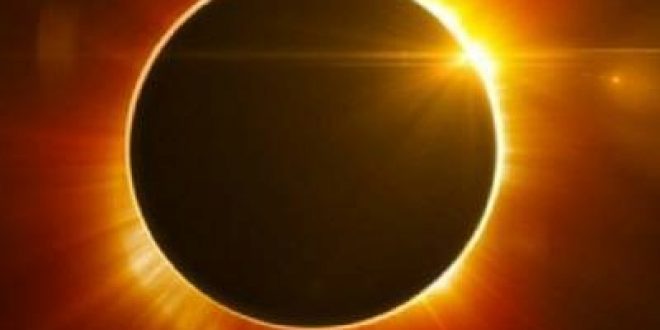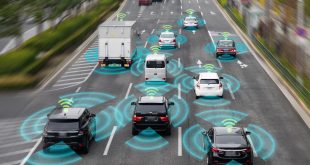The Emirates Space Agency urges the UAE residents to take the necessary measures and follow the general safety guidelines during the “annular solar eclipse” that the country will witness on Thursday, 26th December at 07:00 GST time. Avoid direct observation of the sun by naked eyes or through sunglasses as it may cause significant damage to the eyes.
The UAE Space Agency is organizing and sponsoring events to observe the solar eclipse taking place across the UAE, in partnership with several observatories.
The UAE Space Agency has organised an event in collaboration with the International Astronomical Centre, based in Abu Dhabi, at Liwa Hills Hotel, near Madinat Zayed in Al Dhafra. In addition, the UAE Space Agency has collaborated with the Thuraya Astronomical Observatory to organise an event at the Qasr Al Sarab Desert Resort, coupled with another event organised in collaboration with Emirates Mobile Observatory at Marina Mall in Abu Dhabi. All three events are open to the public and free of charge.
According to the astronomical calculations, the eclipsed sun will rise on Thursday morning. The solar eclipse will be visible in some regions of the UAE for roughly three minutes.
The annular eclipse phase will start when the moon rises, as it completes its total transit in front of the sun, the space agency explained. “The moon will appear to be smaller than usual, as it is at its farthest point in its orbit from the Earth. Thus, the edges of the sun will shape a ring of light around the shadow of the moon that will cover most of the sun. After that, the moon will start moving away from the sun, and the eclipse will turn into a partial one, as the moon continues to move away from the sun until the moon’s shadow is completely cleared from Earth after about three hours,” it added.
The UAE Space Agency warned residents of the UAE about the risks of looking directly at the sun without proper eye protection, or viewing the eclipse through regular sunglasses, an unfiltered camera lens, a telescope, binoculars or any other optical device, even if it is provided with a solar filter.
“Looking directly at solar eclipses can cause severe damage to the eyes,” the agency stressed, noting the importance of taking the necessary safety measures by following the general safety guidelines while observing the eclipse, including using solar filters or solar eclipse glasses that are no older than three years, scratch free, and have the name and address of the manufacturer.
 UAE BARQ برق الإمارات – نبضك
UAE BARQ برق الإمارات – نبضك


